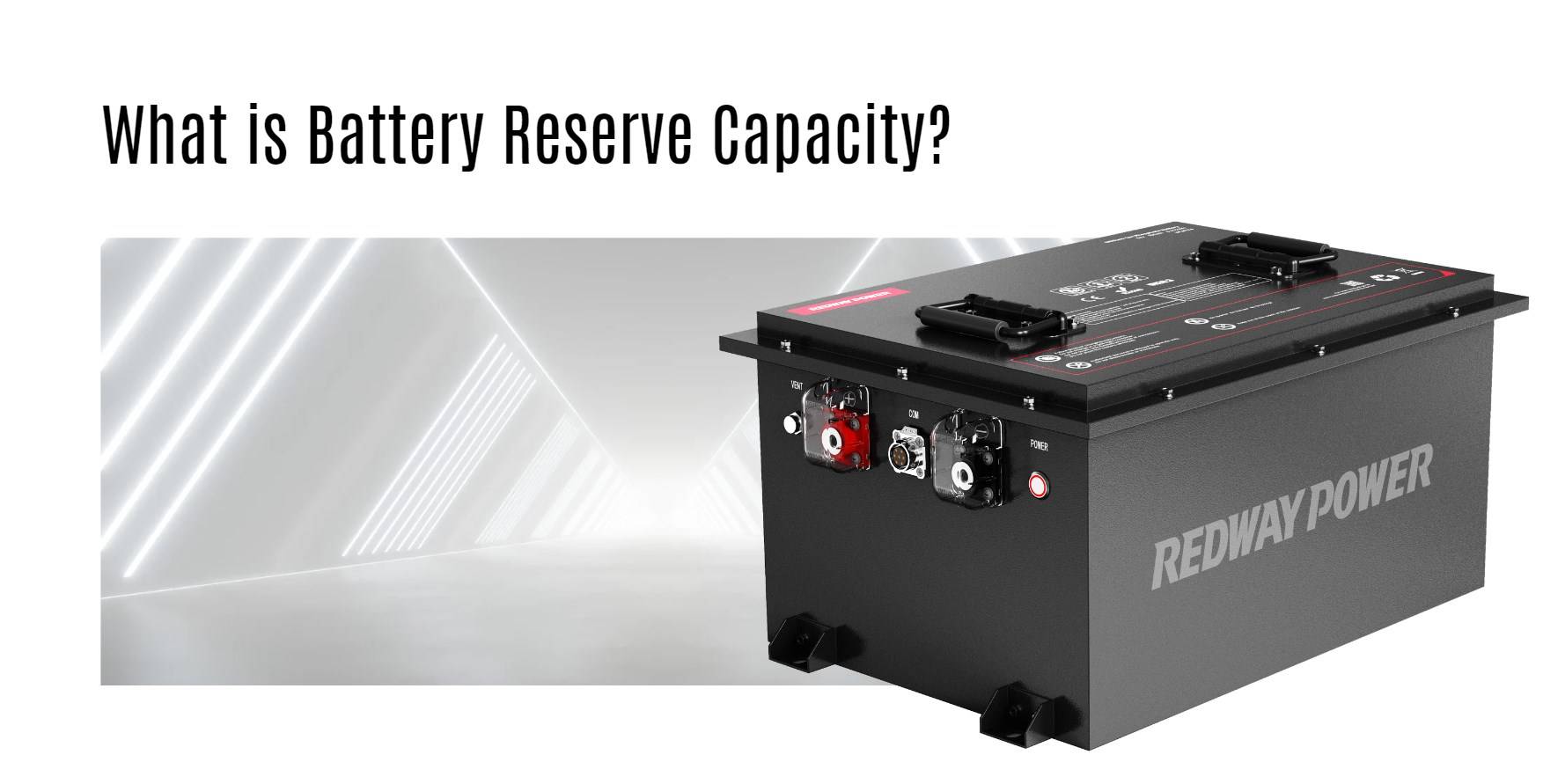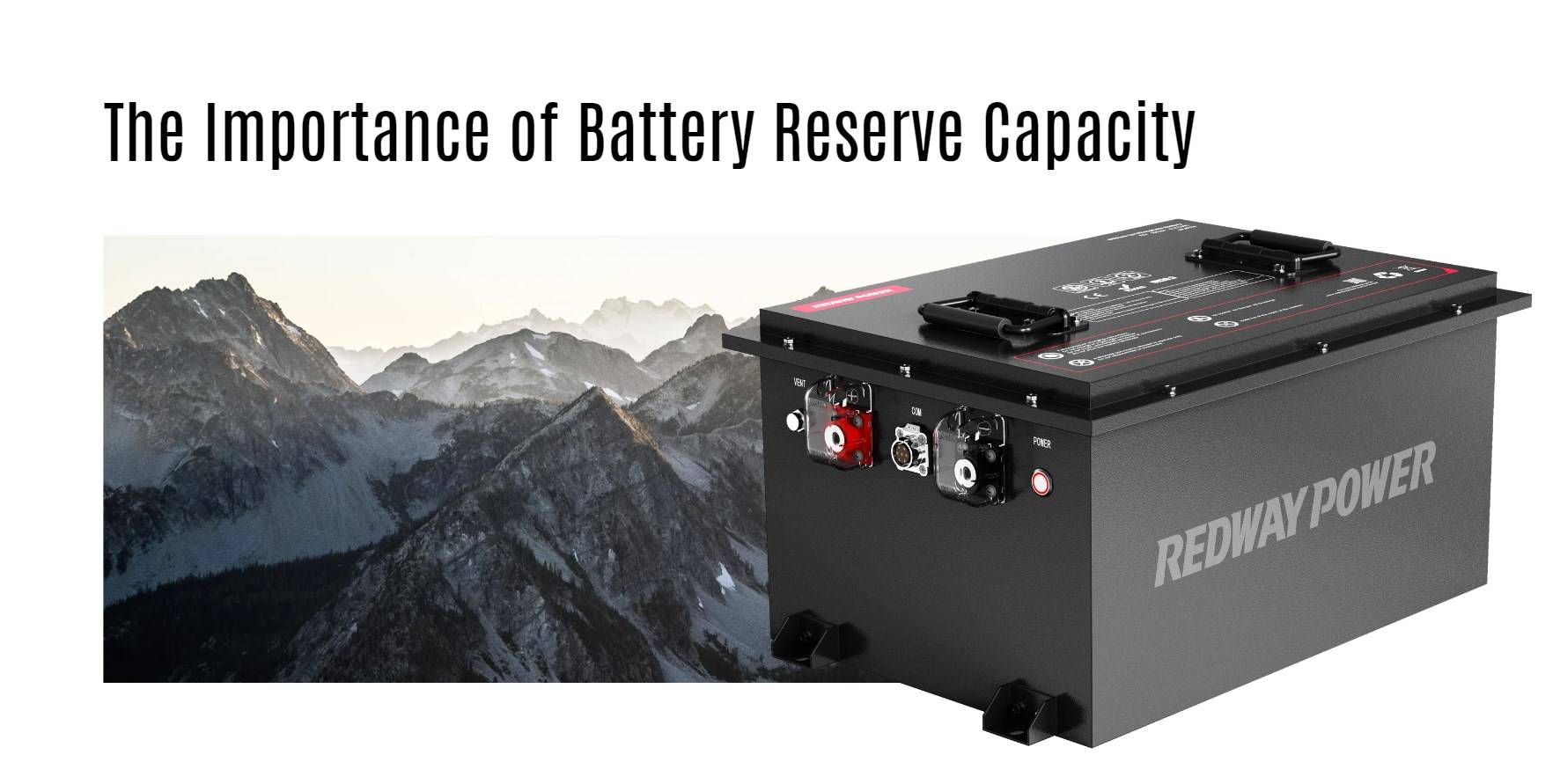Battery reserve capacity, often abbreviated as RC, is a crucial metric that measures the longevity of a 12V battery under a constant load before its voltage drops to 10.5V. This is typically expressed in minutes, providing a practical indication of how long the battery can sustain a specified load. For example, a battery with a reserve capacity of 150 minutes can deliver 25 amps for 150 minutes before the voltage falls to 10.5V.
Reserve Capacity vs. Amp-Hours
While both reserve capacity (RC) and amp-hours (Ah) are essential for understanding battery performance, they measure different aspects. Reserve capacity indicates the time a battery can maintain a consistent load, whereas amp-hours measure the total current a battery can provide over an hour. Although they are related and can be converted from one to the other, reserve capacity offers a more accurate reflection of a battery’s endurance under sustained loads.
Calculating Reserve Capacity
To convert between amp-hours and reserve capacity, one can use the following formulas:
- From Amp-Hours to Reserve Capacity: RC=Ah×60/25RC
- From Reserve Capacity to Amp-Hours: Ah=RC×25/60Ah
These formulas underscore the relationship between current, time, and capacity, highlighting the practical application of each metric in real-world scenarios.
The Importance of Battery Reserve Capacity
Understanding battery reserve capacity is essential for several reasons:
- Performance Measurement: It provides a reliable indicator of how long a battery can maintain a steady power supply under load, which is critical for applications requiring extended usage.
- Energy Management: Knowing the reserve capacity helps in planning the energy usage efficiently, ensuring that you can manage your power needs without unexpected interruptions.
- Application Suitability: Different applications require different reserve capacities. For instance, a long fishing trip or an RV journey demands higher reserve capacities compared to short, infrequent usage scenarios like in golf carts.
Practical Implications of Reserve Capacity
Consider a scenario where you are planning a full day on the water fishing. Knowing your battery’s reserve capacity ensures that you can calculate how long you can operate your boat’s electronics and motor without depleting the battery. A higher reserve capacity means longer operational time, reducing the risk of being stranded.
Reserve Capacity in Different Battery Types
Lead-Acid Batteries
Lead-acid batteries are traditional and widely used, especially in automotive and marine applications. Their reserve capacity is often a key selling point. However, lead-acid batteries tend to have lower energy density and may suffer from shorter lifespans under deep discharge conditions.
Lithium Batteries
Lithium batteries, on the other hand, offer higher energy densities and longer lifespans. They perform better under sustained loads and have higher reserve capacities compared to their lead-acid counterparts. This makes them ideal for applications requiring reliable, long-term power supply.
Conclusion
In conclusion, battery reserve capacity is a vital metric for assessing the endurance and reliability of batteries under consistent loads. By understanding and measuring reserve capacity, users can make informed decisions about their energy needs, ensuring efficient and uninterrupted power supply for various applications. Whether opting for lead-acid or lithium batteries, knowing the reserve capacity helps in selecting the right battery for the task, optimizing performance, and ensuring reliability.



